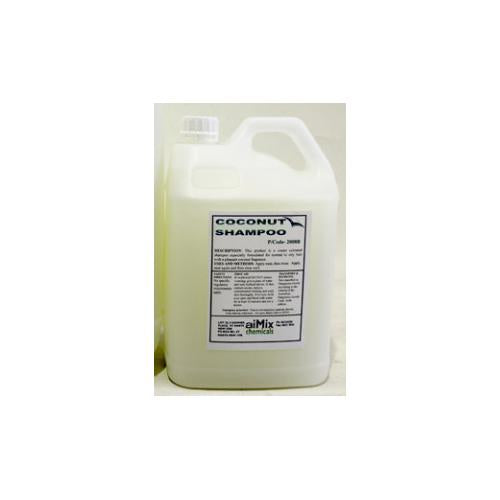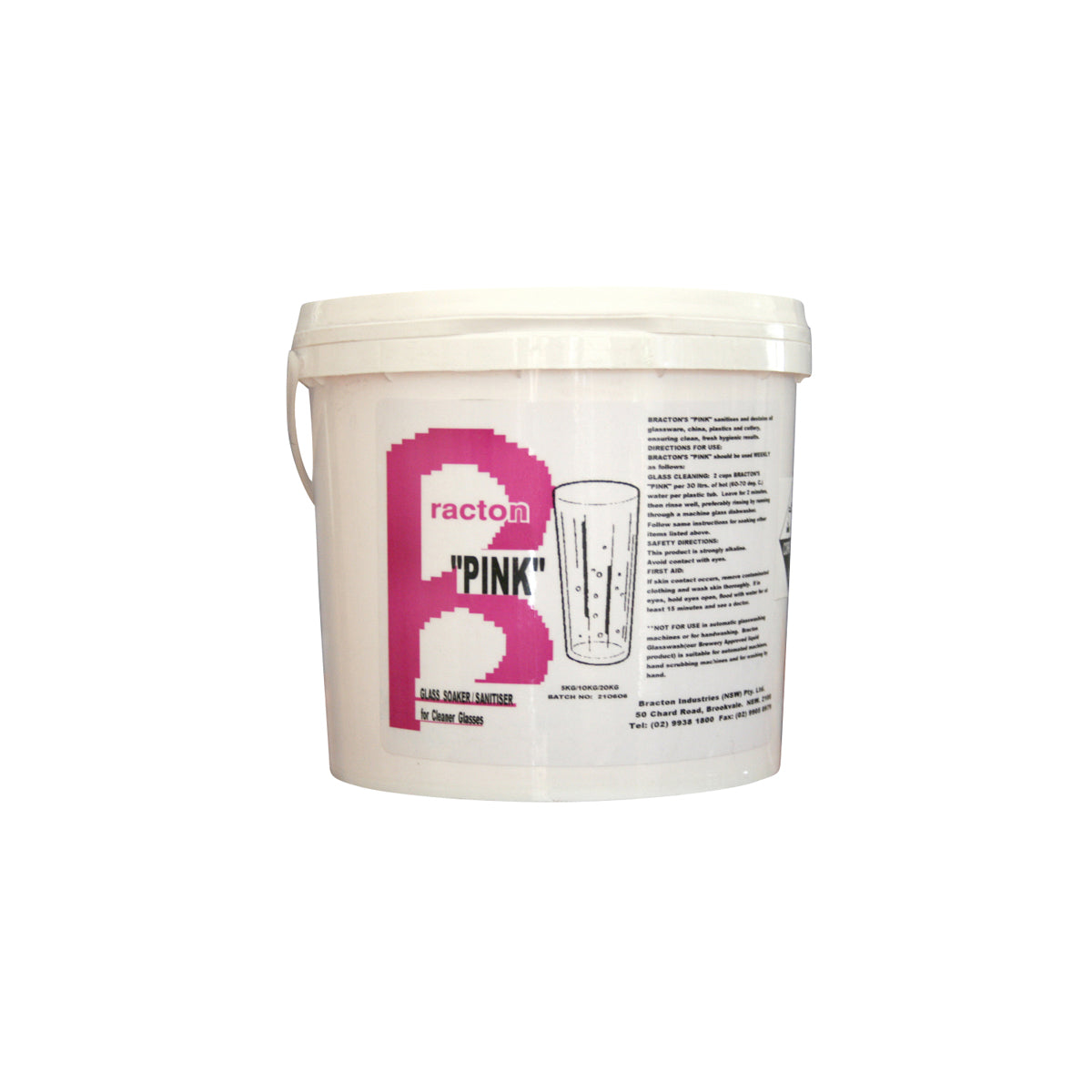As individuals, we can seek ways to lower our carbon footprint and reduce negative impacts on the environment and as members of the business community we can make choices that improve the system more broadly.
Here are five ways you can make a positive difference in 2020. We’re talking: helping fight climate change, reducing plastic consumption, cutting waste to landfill, lowering your environmental footprint and giving back to the community.
1. Choose renewable
Conventional plastic packaging is derived from finite fossil resources. When this material is used in foodservice packaging it has a useful lifespan of minutes before disposal and then proceeds to take hundreds of years to breakdown – often into microplastics which is problematic itself.
Say ‘no’ to plastic* packaging and choose packaging made from plants instead. Our plant-based packaging is made from bagasse, trees, or bioplastic materials which are rapidly renewable, responsibly sourced and have a lower carbon footprint than their conventional plastic alternative.
2. Go carbon neutral
Global emissions of carbon dioxide (CO2) have increased by almost 50 per cent since 1990. While driving less or taking public transport makes a difference, it’s important to remember every single product has an associated carbon footprint which, in turn, contributes to the carbon footprint of the individual or business using the product.
Purchasing from certified carbon neutral businesses or opting for carbon neutral products is an easy way to reduce your own carbon footprint. Our packaging is certified carbon neutral which means we have purchased carbon credits to offset the carbon produce in the production and disposal of our packaging. It’s one simple way you can help take climate action.
3. Start composting
Did you know that food residue makes recycling unviable for used plastic takeaways? Or that food waste is the third largest contributor to climate change? The good news: food residue on packaging is not a problem for composting. And kerbside organic waste collection is becoming more widely available.
Collecting organic waste and compostable packaging for composting means you’ll reduce waste to landfill which, in turn, reduces your carbon footprint as the creation of methane and leachate are avoided when organics are diverted from landfill to compost. Plus, you’ll be creating nutrient-rich compost that can help regenerate soil and improve water retention.
4. Choose 'profit for purpose' companies
Whenever we purchase something, we cast a vote with our dollars for the kind of future we want. Being a purpose-driven business has redefined how we measure success – it’s no longer just about the bottom line, it’s about the positive change we’re affecting for our planet and communities. Doing well by doing good.
BioPak is a certified B Corp and donates 7.5% of all profits to environmental restoration initiatives and community programs through its charity partners. We are committed to driving positive change and giving back. As a socially and environmentally responsible business and a member of the Ellen McArthur Foundation, we have an obligation to preserve and protect the environment and to give back and support the communities in which we operate.
5. Avoid greenwashing
When it comes to ‘sustainable’ products, you hear a lot of buzzwords thrown around. Think: ‘biodegradable’, ‘dissolving’, ‘eco-friendly’ – the list goes on. While these words can actually mean something, without certification this is called ‘greenwashing’.
Certifications demonstrate a company's commitment to quality, safety and sustainability. It affirms that a company's claims regarding the products, processes and social impacts have passed specific performance, sustainability and quality assurance tests. Where claims to environmental impact are backed up by regulated, robust standards it can help consumers and business owners alike to shop (and sell) responsibly.













